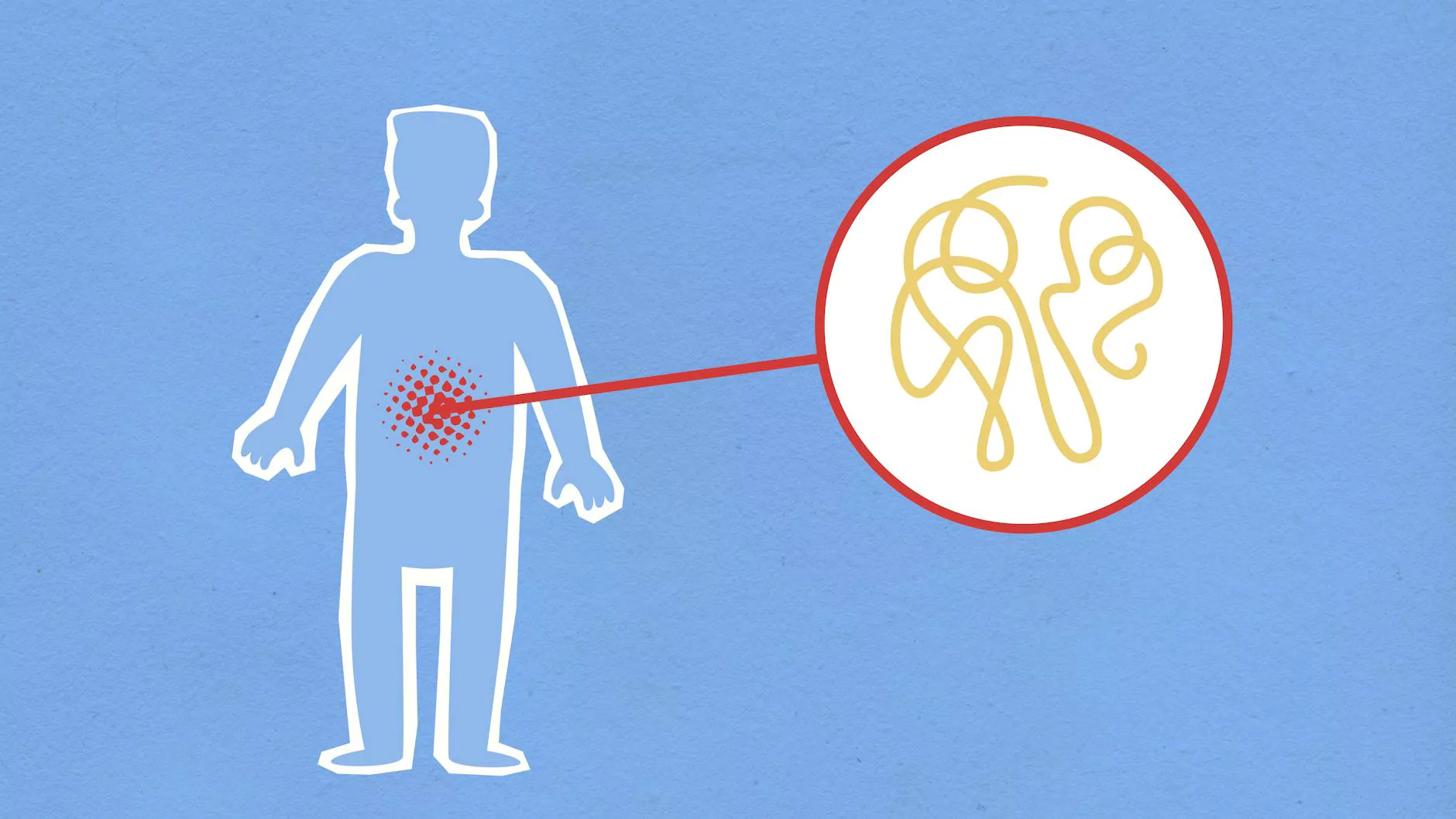Idle Words and Their Impact on Mental Health

Welcome to Sanctuary Therapies' page on Idle Words, brought to you by Uchee Pines, an esteemed center for alternative and natural medicine. In this article, we explore the concept of idle words and their profound impact on mental health. By understanding the power of our words, we can embrace positive communication and maintain overall well-being.
The Influence of Idle Words
Idle words refer to language that lacks meaningful content or value. While seemingly harmless, idle words can have a detrimental effect on mental health. The casual use of idle words can lead to negative self-talk, increased stress levels, and strained interpersonal relationships.
At Sanctuary Therapies, we recognize the importance of cultivating a conscious and deliberate approach to communication. By being mindful of the words we choose, we can cultivate an environment conducive to emotional well-being and meaningful connections.
The Psychological Impact
Research has shown that our words have a powerful impact on our thoughts and emotions. Idle words, such as gossip, complaints, or dismissive remarks, can create a toxic atmosphere, both internally and externally. Individuals who engage in idle talk may experience increased levels of anxiety, depression, and a diminished sense of self-worth.
By becoming more aware of our verbal habits and replacing idle words with affirming statements, we can actively contribute to our mental health. Positive self-talk and constructive communication foster a positive mindset, leading to improved overall well-being.
Building Healthy Communication Patterns
At Sanctuary Therapies, we believe that the foundation of healthy communication lies in empathy, understanding, and conscious language. By implementing the following strategies, you can create a supportive and nurturing communication environment:
- 1. Mindful Listening: Practice active listening and engage in meaningful conversations.
- 2. Positive Reinforcement: Celebrate others' accomplishments and offer genuine compliments.
- 3. Banishing Negative Self-Talk: Replace self-deprecating thoughts with positive affirmations.
- 4. Resolving Conflict: Approach conflicts with an open mind and focus on finding constructive solutions.
- 5. Empathy: Seek to understand others' perspectives and express empathy in your communication.
By adopting these practices in your daily life, you can contribute to a more positive and mentally healthy environment for yourself and those around you.
Uchee Pines: Your Destination for Alternative and Natural Medicine
Sanctuary Therapies, in collaboration with Uchee Pines, is proud to offer holistic treatments that promote well-rounded healing. With a focus on alternative and natural medicine, Uchee Pines provides comprehensive care that addresses the root causes of health issues.
Our experienced practitioners utilize a combination of nutritional therapy, lifestyle modifications, herbal remedies, and physical therapies to support your body's innate healing capabilities. At Uchee Pines, we strive to empower individuals to take charge of their health and make informed decisions.
Conclusion
Idle words may seem harmless on the surface, but their impact on mental health should not be underestimated. By taking a proactive approach to our communication patterns, we can contribute to our own well-being and create an environment of positivity and understanding.
Partner with Sanctuary Therapies and Uchee Pines to embark on a journey towards holistic healing. Discover the power of conscious language, embrace positive self-talk, and unlock the potential of alternative and natural medicine.










